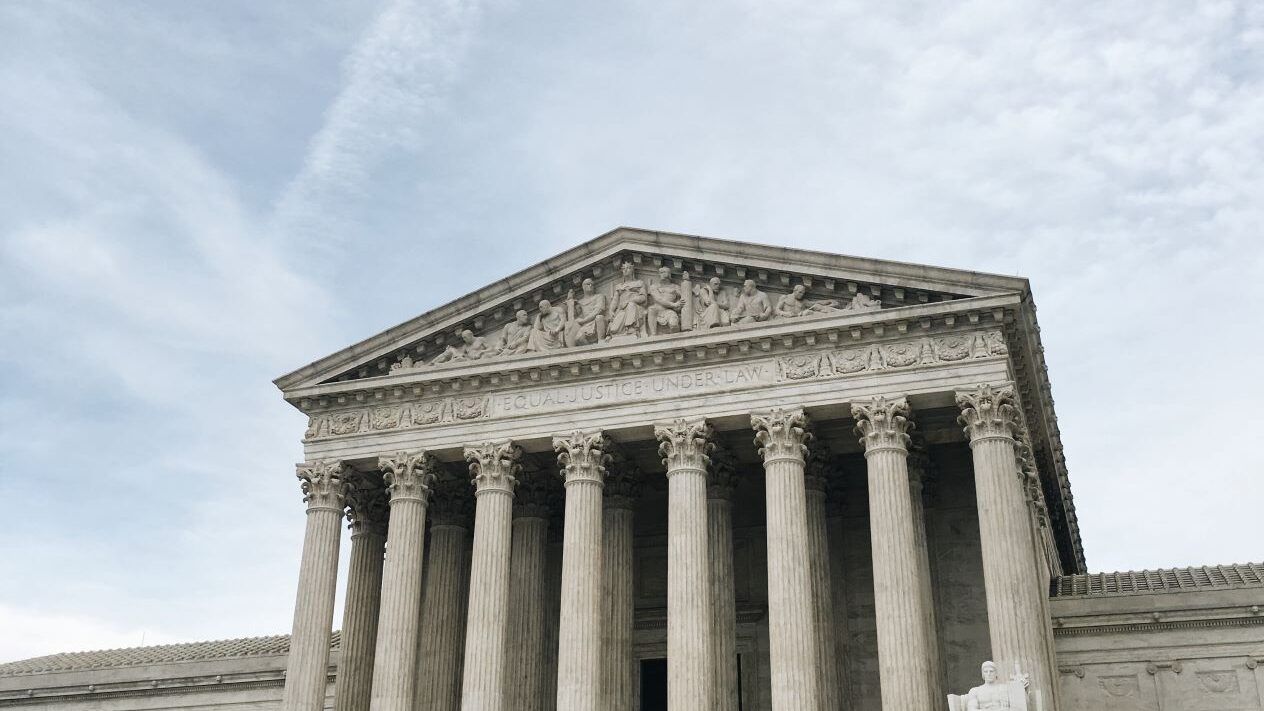
The 2020 U.S. presidential election may be the most contentious anyone can remember, and it has not even taken place yet. Mirroring extensive political divides in the country, the two candidates agree on very little, and the subject of how to regulate Technology companies is no exception. Even still, both candidates and both parties seemingly agree that some action must be take on the biggest U.S. technology companies. In this article, we will explore the candidates’ views on antitrust laws, data privacy, and broadband access.
Antitrust Issues
Lawmakers, academics, and competing businesses are asking a pertinent question: are companies like Google, Facebook, Apple, and Amazon so big they are anti-competitive?
Politicians from both political parties seem to think the answer is “yes”. Josh Hawley – currently a Republican Senator but previously Attorney General for the state of Missouri – began an investigation into Google’s business practices while in his previous role in 2017. Since then, the Justice Department and FTC have announced they will split oversight of Google and Amazon, while the Supreme Court has given the go-ahead to a long-simmering antitrust suit against Apple.
Trump and Biden have been less direct in calls for antitrust proceedings against some of tech’s biggest companies, but neither has disavowed the notion entirely. The Trump administration’s track record for the past four years can be presumed to reflect the incumbent’s stance. The Justice Department has been investigating the possibility of an antitrust lawsuit against Google since 2019, though recent stumbling blocks have prevented it from bringing charges to date. Trump has been critical of Amazon’s Jeff Bezos but “civil… with Apple CEO Tim Cook and Facebook CEO Mark Zuckerberg,” while continuing to express skepticism about the scale of Big Tech companies (however unsubstantiated) and how that might warrant dismantling.
Biden has been slightly more forthcoming with his views. He has said it’s “too early” to pursue antitrust proceedings, but favors more regulation of the industry, including limiting protections from Section 230 of the 1996 Communications Decency Act, which provides legal safeguards for platforms for what their users post. His thought process, however, is less overtly about breaking up large technology companies and more in step with other Democratic Party politicians who believe Section 230 allows social media platforms like Facebook to “propagate[e] falsehoods they know to be false,” says Biden. “We should be setting standards not unlike the Europeans are doing relative to privacy.”
Data Privacy
Online privacy is more closely scrutinized than ever before. European regulators introduced the General Data Protection Regulation (GDPR) into law in 2018, and more stringent data protection regulations have followed in California and other US states. Biden has not campaigned around data protections, but he has advocated for similar legislation to the GDPR. This may indicate an evolving viewpoint, as his legislative track record includes “introduc[ing] and co-sponsor[ing] several pieces of legislation to make it easier for the FBI and law enforcement to monitor communications.”
Axios also credits President Trump with “support[ing] a national data privacy bill,” and sources indicate the belief that law enforcement should have access to data is echoed by the Trump administration, which has fought with Apple over encryption issues and criticized the GDPR – Rob Strayer, the US Deputy Assistant Secretary of State for Cyber, told Politico the law has “overly restrictive implications for public safety and law enforcement.”
Broadband Access
As the world moves online, lack of high-speed internet access can mean disadvantages that – as the coronavirus pandemic has laid bare – extend to education, work, and more. Both candidates favor increased broadband access for rural areas, and the Trump administration FTC “approved a $20 billion rural broadband expansion fund” in January (called the Rural Digital Opportunity program) as part of a broader “$2 trillion infrastructure plan.”
Reuters quotes President Trump as saying “he is committed to ensuring ‘every citizen can have high-speed internet access,” while public policy think tank the Information Technology and Innovation Foundation credits both candidates with supporting broadband infrastructure investment while calling Biden’s support “greater.” Biden has campaigned on an equal investment to infrastructure while also “tripl[ing] funding to expand access in rural areas, as part of a package his team proposed to pay for through tax increases on wealthy Americans.”
What’s Next?
Technology no longer enjoys an unequivocal free pass from lawmakers – the sector is more broadly scrutinized by both political parties than ever before. Reasons differ, but the industry seems destined for additional regulation no matter who is voted into office (though both candidates “continu[e] to support measures that help the industry stay competitive globally.”) It’s part of a complicated and ever-evolving big picture for one of business’ fastest-moving sectors: undeniably important, but one subjected to a more nuanced understanding than in the past.







